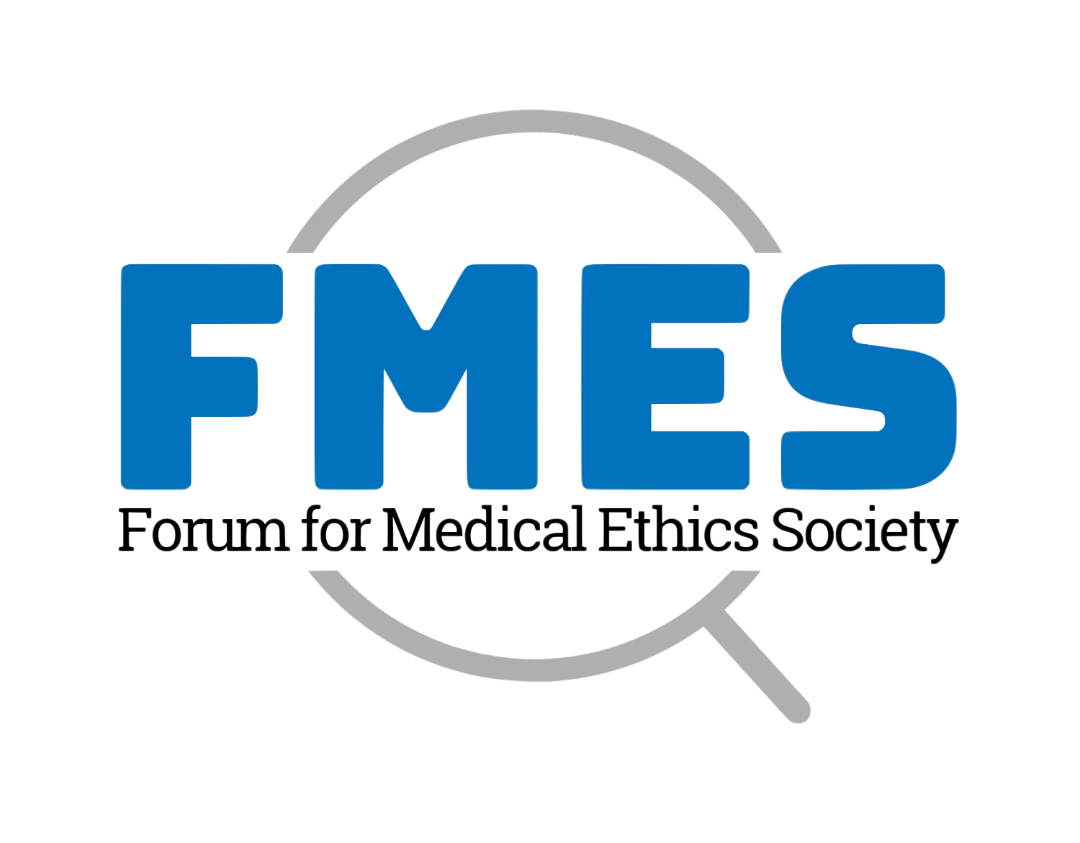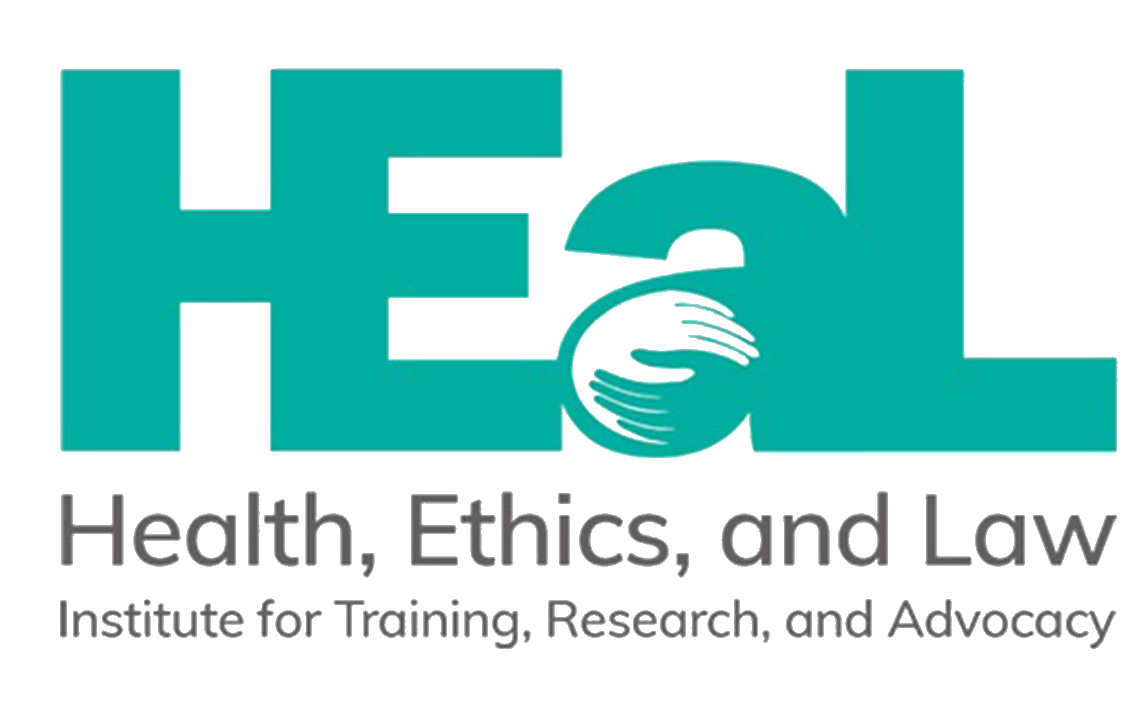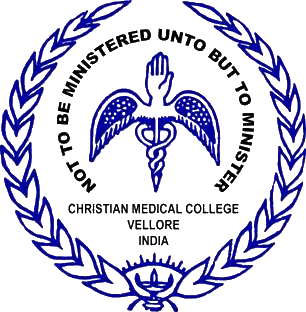The 6th National Bioethics Conference theme is 'Healing and dying with dignity: Ethical issues in palliative care, end-of-life care and euthanasia'
Two closely related and neglected areas of concern are palliative care and end-of-life care, with the extremely inequitable distribution of facilities across the country leaving a large number of patients and their families in tremendous distress. (Human Rights Watch, 2009; Government of Maharashtra, 2012; Bandewar, 2015). With over one million estimated new cases per year of cancer alone, it is becoming increasingly relevant to the larger population in need of palliation during the life span of a range of health conditions both non-communicable (cancer, arthritis, muscular-skeleton illnesses, respiratory infections and distress) and communicable (drug resistant TB, HIV-AIDS). This is primarily due to the changing demographic, socio-economic and work profile of the population and its health status; changing living conditions and contexts of people in India and around the world; and lack of availability of sufficient palliative care across the country (Bhatnagar and Gupta, 2015; Macaden et al., 2014) with certain exception, such as, the areas served by the Pallium India in Kerala, India (ref).
The ongoing advances in health related technology continue to offer more and possibly better opportunities for people to have a fresh lease of life or extend life, provided they can afford it. At times, new health care interventions seem aggressive and unjustified. These, therefore, create ethical dilemmas for health care service providers both private and public, patients and their families regarding when to extend curative care; how to combine it with palliative care; at which point futility is to be considered and discussed with families and patients; and when to prepare for engagement with patients and families about end-of-life related matters. The health care system as a whole, and service providers at large, need to be prepared, equipped and willing to engage with these areas which are essential for both healing and dying with dignity. The issues raised, whether for a patient or a provider in India would differ from those encountered in countries with access to universal health care or easily available third party insurance. At one end of the spectrum, healing and dying are over-medicalised, at the other, basic care is itself unavailable. All of this raises important ethical challenges.
The theme of euthanasia is partly inspired by the passing away of Aruna Shanbaug, who was in a persistent vegetative state for nearly 42 long years (rediff news; Shukla, 2015) as a result of sexual assault and strangulation by the perpetrator while on nursing duty in the King Edward Memorial (KEM) Hospital, Mumbai. Since this unfortunate consequence of the violent assault issues relating to euthanasia and the safety of women at work places continue to be debated, and the setting up of systems to prevent sexual assault at work places has progressed to some extent , but the debates on euthanasia remained divided and inconclusive. The only two other cases in India which dealt with issues relating to euthanasia are the P. Rathinam vs Union of India 1994 (Supreme Court of India, 1994), and Gian Kaur vs State of Punjab 1996 (Supreme Court Of India, 1996) both heard at the Supreme Court of India. Interestingly, the judgments given in these two cases contradicted each other. Hence, a discussion aiming to evolve robust guidelines would be timely and relevant via common platforms such as the NBC. It is hoped that the matters relating to euthanasia could be pursued at the policy level and processes for necessary legal and health systems reform in India could be furthered, building on the work done so far by various constituencies. For example, the Indian Society of Critical Care Medicine (ISCCM) (Mani et al., 2005; Mani et al., 2013) and Indian Association of Palliative Care have (Macaden et al., 2014) have been deliberating on the NBC-6 sub-themes – end-of-life care and palliative care - in a sustained manner.
In our context, there is need to explore this concept from various religious perspectives as well as different philosophical traditions, especially from within India. This would be closely linked with the way the notion of death is conceived and located in Indian traditions and religious perspectives, especially some of the recent traditions of bhakti marg, and varkari school of thought. It is noteworthy that the word 'dignity' featured in the Supreme Court judgment in the case of P. Rathinam vs Union of India 1994. (Supreme Court of India, 1994).
The bioethics discourse on end-of-life care and euthanasia are inherently complex also due to the fact that they are inseparable from debates around right-to-die and right-to-life and their being closely intertwined with cultural norms, religious practice/teachings, social context, legal environment and constitutional rights and responsibilities in any specific population. The need to adopt culturally sensitive approaches during end-of-life care in alignment with local philosophical traditions and values is increasingly being acknowledged and advocated for. (Shubha, 2007; Puri, 2005).
In India, different religious groups also have traditions of a person opting for a voluntary departure from this mortal world. For example, Sallekhana and Santhara in Jain traditions and Prayopavesa in Hindu traditions are two such practices. The former is very strictly governed by community norms which help ensure transparency and voluntariness of the decision by an individual. How these practices interface with the current laws in India, the Constitutions of India and bioethics discourse largely remains unexplored and inaccessible to the public at large.
NBC-6 will be an opportunity to discuss these three closely related themes in health care ethics which deserve much attention and clarity to honour patients' right to healing and dying with dignity. Central to debates on these issues should be the notion of 'healing and dying with dignity'. It should be one of the goals in relation to the patient for health care professionals, families and other concerned constituencies. Towards this the existing body of literature from within India and outside; and the existing guidelines developed by professional associations would form the foundation for taking this discourse forward. The contributions so far to this debate come mostly from the practicing medical professional, especially those engaged with palliative care service provision, and incentive or critical care provision are confronted with end-of-life care situations. These should lead to formulation of appropriate guidelines, policies and laws at national level complemented both by setting up appropriate implementation and redressal systems. In these processes it is important to ensure engagement with all the key constituencies including people at large; and that the discourse and the formulation of guidance, policies and laws are robustly informed by ethics, human rights, constitutional framework of India, religious perspectives, and insights into community values.
Against this backdrop the Sixth NBC on the theme Healing an dying with dignity: Ethical issues in palliative care, end-of-life and euthanasia is being held from Jan 13 to 15, 2017 at the Management Development Centre, Yashwantrao Chavan Academy of Development Administration (YASHDA), Pune, MH, India, 411 008. Pre-conference satellite meetings will take place on Jan 12, 2017. This conference would bring together key stakeholders to examine the conference theme and would also be a gesture of tribute to the growing contribution of FMES-IJME to the bioethics discourse locally and globally making a difference.
Sub-themes
Some of the sub-themes for parallel session, workshops and/or symposium would be as below:
- Policies and programs in palliative care
- Issues in implementing palliative care policies
- Innovative models of palliative care, and sustainability related matters
- Approaches to creating human resources in palliative care
- Religious perspectives, including those from saint literature (eg: Tukaram, Dyaneshwar) on right to palliative care, and the notion of death
- Ethics of palliative care and ethics in palliative care
- Integrated health care approach to pain relief and management which focuses on AYUSH
- Role of and experiences using wide ranging complementary therapies, such as, art, music, pet therapies in situations of uncontrollable pain, and of end-of-life care
- History of the 'right to euthanasia' movement
- Legal insights from around the world including India on euthanasia
- Socio-cultural perspectives on euthanasia
- Implications of the nature of Indian health care system for healing and dying with dignity in absence of access to universal health care
- Brain death concept and criteria to define it in the context of end-of-life care discourse, guidelines policies and legislative reforms in India
- Organ donation and body donation in the context of end-of-life care decision making
- Indian philosophical perspectives on pain, pain relief, quality of life, end-of-life care, and euthanasia
- Stakeholders' perspectives on palliative care, end-of-life care and euthanasia – patients, families, and service providers drawing upon empirical research
- Capacity building in palliative care – training and education models employed so far and learnings, alternative models of creating equipped human resources for palliation, end-of-life care
- Relevance of and the work done so far advance directive, do-not-resuscitate, and living-wills in the context of end-of-life care in India and to Indian context; any initiatives in public engagement in this area; empirical insights into their appropriateness to the Indian context
- Speak-outs: Perspectives/insights/learnings from the patients and their families





